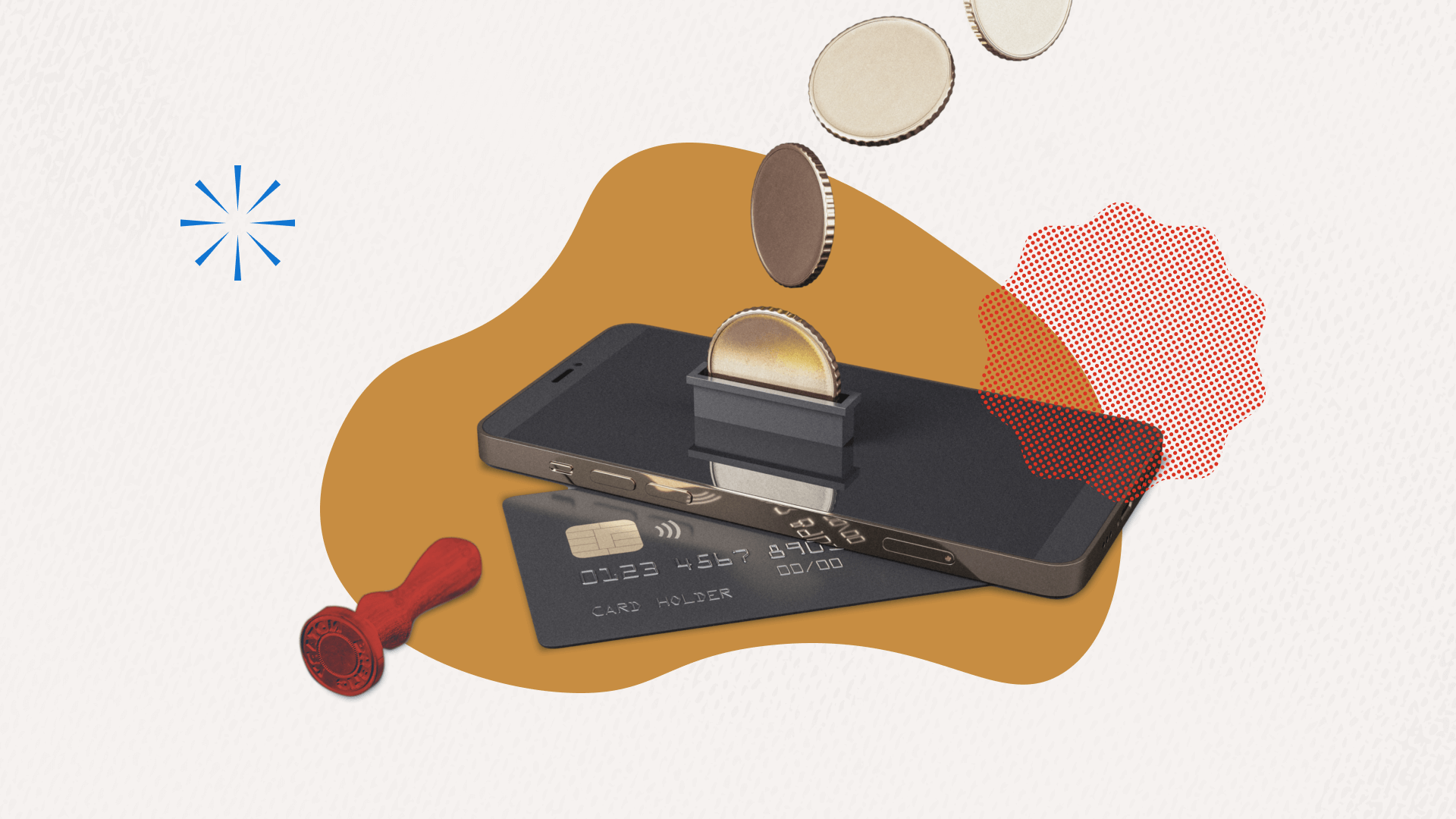
A notary is a public servant appointed by the state to ensure the authenticity of documents and signatories. There was a time when the best way to find one was to travel to a bank, lawyer’s office or a shipping store. In other words: it was an old school way of doing business. But in 2011, Virginia was the first state to allow their notaries to perform remote online notarizations (RON). As of April 2022, 38 other states have followed suit, and due to interstate recognition, all 50 states accept documents that are remotely notarized as long as the notary was located in one of those 38 states. Now you and your clients can get documents notarized online within minutes by choosing an online notarization software for your business.
Using an online notarization software can make notarizations simpler and safer than ever. Let’s take a look at how we got here and what the future of online notarization looks like.
Pharaohs and fraudsters
The role of notary public traces back to ancient Egypt, where scribes would record personal letters, official proclamations and tax records. Thousands of years later, people sealed letters with hot wax and forged rings (as any good period drama will show you). From there, notarization moved to rubber stamps, feather quills, fountain pens and — in a depressing fall from elegance — ballpoint pens.
A leaky pen should not be the tech of notarization in 2022. But needless to say, fraudsters don’t mind. Law enforcement has struggled to keep pace with increasingly sophisticated methods of forgery. Identity verification is more complicated than it seems — it’s not just as simple as matching a driver’s license to a name on a document.
In a survey conducted by the National Notary Association, more than 32% of the 2,900 participants failed to catch imposters in an ID-matching quiz. A follow-up survey found that a pool of 1,150 notaries could only identify imposters 72% of the time. Again, these surveys polled trained notaries — which speaks to how “real” fake IDs can look at first glance, and how prevalent human error can be in the notarization process.
Paper-based notarizations, by definition, lack digital tools for detecting and catching fraud. Secure technologies can mitigate human error in notarization, but not all software is created equal. Let’s dive deeper into what you should be looking for in a remote online notarization software.
What to look for when choosing online notarization software
It’s important that you choose an online notarization software that invests in database-driven authentication technologies. These tools don’t just make the remote online notarization process easier all-around, but much more fraud-resistant. Here’s a look at three technologies used in secure, state-compliant platforms.
1. Multi-factor authentication
In the online notarization process, this helps to confirm identity by sending an email or message to a secondary device or account containing a personal code or link for verification.
2. Credential analysis
In some states, signers are allowed to simply flash a government-issued ID to notaries over a video call—but credential analysis is better to have in your online notarization software. In this process, the notary sends the signer a link to upload photos of their ID (front and back). The photos are run through sophisticated third-party software to verify the security components on the ID card. If all security elements are present, the ID will pass the check. Credential analysis must comply with state standards, so before you choose a remote online notarization provider, you should confirm their system meets your state's requirements.
3. Knowledge-based authentication (KBA)
There are two types of knowledge based authentication: static and dynamic. You’ve probably encountered static KBA before when you picked security questions for your email account—e.g. what street did you grow up on, or what was the color of your first car?
The issue with static KBA is that the average person now shares a great deal about themselves online. Personal accounts like Facebook and Gmail often include basic information normally used to answer static KBA questions like your mother’s maiden name or paternal grandma’s first name. If a fraudster can access basic information on social media (which they often can, given how readily people reuse those passwords) then they have a fighting chance at fooling static KBA questions.
Dynamic KBA questions, on the other hand, use third-party databases with access to public information to offer a variety of possibly correct answers. If static KBA asks about the street you grew up on, dynamic KBA asks “Which of these streets have you NEVER lived on or used as your address?” Instead of asking you about the color of your first car, dynamic KBA will ask you to identify the car models you’ve owned.
Dynamic KBA incorporates current and historical information, which makes it the much more secure option in an online notarization software. The signer must correctly answer a certain number of questions in order to be positively identified. For example, in Utah, a signer requesting an online notarization must correctly answer at least 4 out of 5 KBA questions in under 2 minutes, and each question must have at least 5 possible answers. If the signer fails, they can retake the KBA twice within 48 hours — and each retake must replace 2 of the 5 questions from the previous exam. This greatly reduces the risk of fraud.
How Notarize fits your online notarization software needs
Multi factor authentication, credential analysis, and dynamic KBA are a triple-threat safety net of identity verification for remote online notarizations. Think of the alternative when using a traditional, in-person notary: Verification is at the sole mercy of the notary’s discretion. Notaries are human, and they can make errors too.
But there are more elements to take into consideration when choosing an online notarization software. Some other questions you might want to think about when surveying remote online notarization software vendors: Do notaries need to pass annual background checks by the National Notary Association? Is the online notarization software HIPAA compliant? Does it ensure that all notaries are properly certified and located in the states in which remote online notarization is legal for them to perform?
Notarize checks the boxes for all of these questions. It offers 24/7 online notarization services through a secure platform that streamlines business processes and reduces time on manual processes. Businesses can use the Notarize platform to provide their customers with a quick, completely digital way to get required documents notarized. Customers upload an electronic document, confirm their identity using a government-issued photo ID, connect to a live, commissioned notary via secure video call and download the notarized document.
These powerful technologies and their capabilities go far beyond pharaohs, quills and pens. That’s why it’s vital to choose an online notarization software , such as Notarize, that will be the best partner for making notarizing documents simpler and safer for your customers.




